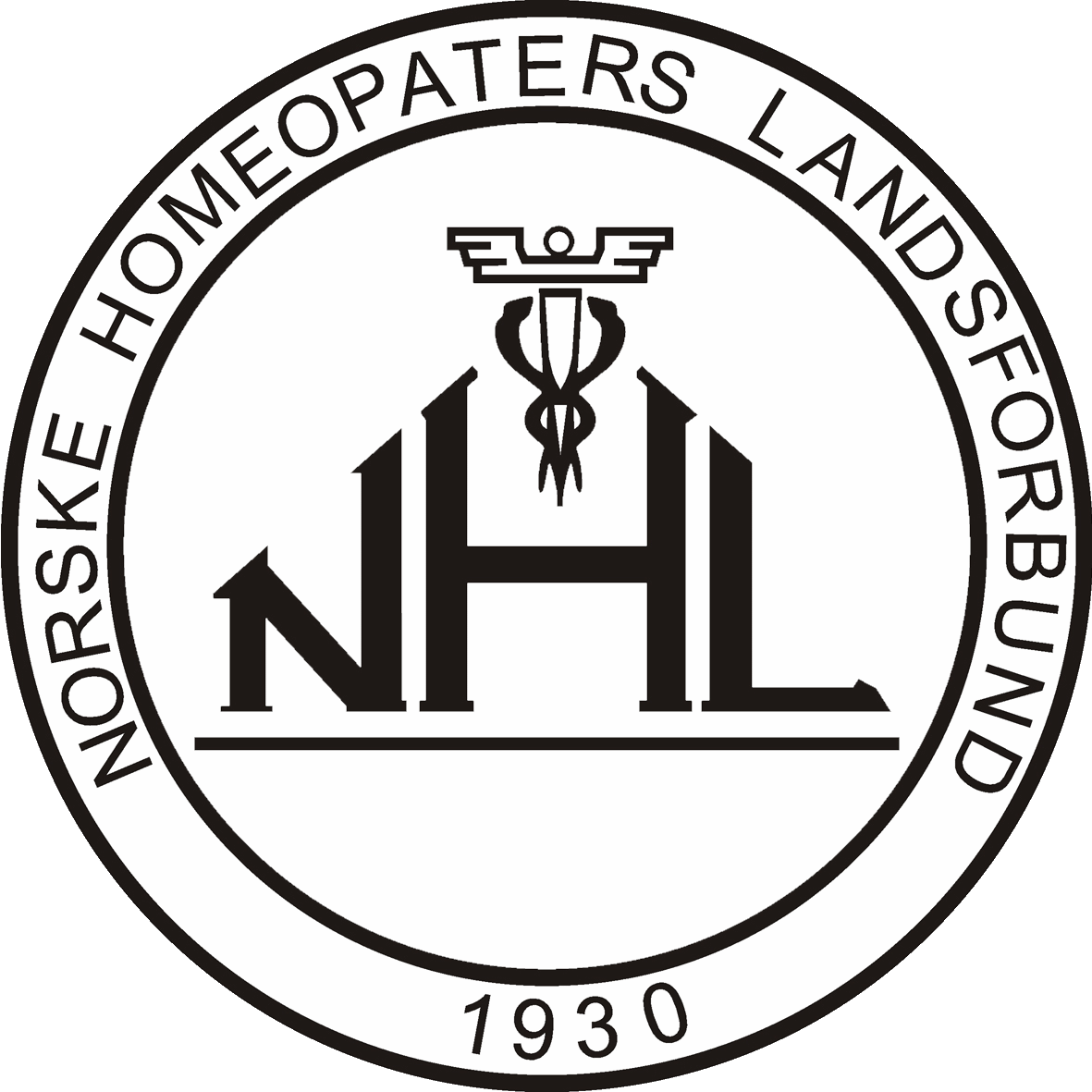Allergies improve with homeopathic treatment
Every year millions of European citizens suffer from hay fever and other allergic conditions. Homeopathy is one of the most frequently used complementary and alternative medicine (CAM) for patients suffering from allergies (Berumen et al. 2004). Hay fever is among the most common complaints homeopaths are consulted for (Steinsbekk et al. 2008). In a study of almost 4000 patients treated by homeopaths, allergy was the most frequent diagnose in male patients (Witt et al. 2005). An increasing amount of documentation confirms homeopaths’ positive experience in treating these patients.
Eighty percent better with homeopathy
Allergy is one of the best documented areas of research in homeopathy. Positive effect was found in over 80 percent of An overview including 27 trials with at total of over 2 400 patients suffering from allergies or asthma showed positive effect in over 80 percent of the studies (Bellavite et al. 2006). Positive results were seen in all nine observational studies and in the majority of 18 randomized double-blinded placebo-controlled studies. In another overview researchers found positive effect in six out of seven trials on homeopathy for allergies or upper respiratory tract infections (Bornhöft et al. 2006).
100″]
Two out of three experience a lasting effect
In a study of 200 patients suffering from allergies and other hypersensitivity disorders such as asthma and eczema, homeopathy was at least as effective as conventional treatment (Launsø et al. 2006). Two thirds experienced a lasting effect after they stopped homeopathic treatment, whereas almost all patients treated conventional drugs experienced a return of their symptoms.
Improved quality of life and reduced medication
Research has also shown improved quality of life after homeopathic treatment in patients suffering from allergies (Goossens et al. 2009, Launsø et al. 2006). Significant improvement has been seen after three to four weeks of treatment (Goossens et al. 2009) and patients’ general and psychological state of health was improved over a longer treatment period (Launsø et al. 2006). In another trial of patients suffering from allergies 57 percent could reduce their conventional medication by an average of 60 percent (Frenkel and Hermoni 2002).
For safe and effective homeopathic treatment, patients should make sure that the practitioner they consult is a registered member of an ECCH or ICH Member Association. For information, please refer to www.homeopathy-ecch.eu and outside Europe www.homeopathy-ich.org
References
Bellavite P, Ortolani R, Pontarollo F, Piasere V, Benato G, Conforti A. Immunology and homeopathy. 4. Clinical studies – part 2. Evidence-based Complementary and Alternative Medicine: eCam, 3(4), 397-409, 2006.
Berumen FJA, Díaz GSN, Gonzáles CC, Cruz AA. (Use of alternative medicine in the treatment of allergic diseases) (article in Spanish) Rev Alerg Mex, 51(2), 41-4, 2004.
Bornhöft G, Wolf U, von Ammon K, Righetti M, Maxion-Bergemann S, Baumgartner S, Thurneysen A, Matthiessen PF. Effectiveness, safety and cost-effectiveness of homeopathy in general practice – summarized health technology assessment. Forsch Komplementärmed, 13(suppl 2), 19-29, 2006.
Frenkel M, Hermoni D. Effects of homeopathic intervention on medication consumption in atopic and allergic disorders. Altern Ther Health Med, 8, 76–9, 2002.
Launsø L, Kimby CK, Henningsen I, Fønnebø V. An exploratory retrospective study of people suffering from hypersensitivity illness who attend medical or classical homeopathic treatment. Homeopathy, 95, 73-80, 2006.
Steinsbekk A, Nilsen TVL, Rise MB. Characteristics of visitors to homeopaths in a total adult population study in Norway (HUNT 2). Homeopathy 2008, 97: 178-184.
Witt CM, Luedtke R, Baur R, Willich SN. Homeopathic Medical Practice: Long-term results of a Cohort Study with 3981 Patients. BMC Public Health, 5, 115, 2005.
100″]


